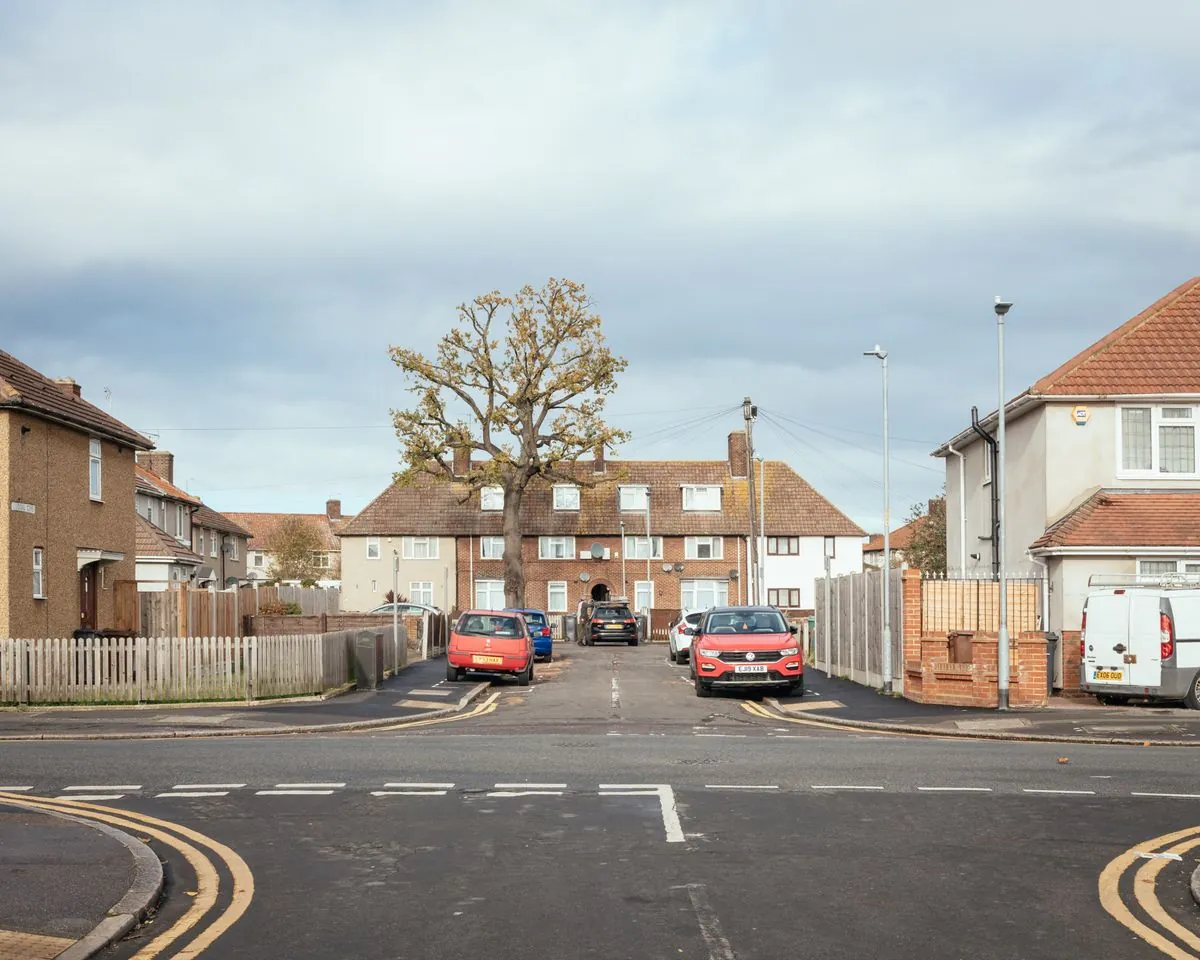Rayner's Right to Buy Reform Sparks Debate on Housing Policy Legacy
Angela Rayner's proposal to modify Thatcher's Right to Buy scheme ignites discussion among Telegraph readers. Opinions vary on the policy's current relevance and impact on social housing.

Angela Rayner's plan to revise Margaret Thatcher's Right to Buy scheme has sparked a heated debate among Telegraph readers. The proposal, which aims to abolish the program for newly constructed council houses and reduce discounts for existing tenants, has elicited diverse opinions on the policy's contemporary relevance and its impact on social housing.
Introduced in 1980 by Thatcher's government, the Right to Buy scheme has facilitated the sale of over 2 million council homes. Initially offering discounts of up to 50% on market value, the policy has undergone several modifications, with the maximum discount reaching £75,000 (£100,000 in London) by 2012.
Many readers argue that the scheme has outlived its usefulness. One reader, Chris Speke, stated, "The scheme needs to be terminated. Local authorities should instead be empowered to construct social housing." This sentiment echoes concerns about the policy's long-term effects on affordable housing availability.

Lynn Hanson, another reader, acknowledged the scheme's initial benefits but pointed out its flaws: "The discounts were excessive, and councils should have been allowed to use the entire proceeds to replenish housing stock." Hanson also noted the positive impact on council estates, with increased private ownership leading to better property maintenance.
Some readers highlighted the scheme's perceived unfairness to taxpayers. W.L. commented, "The money from sales should have been earmarked for additional social housing, and a certain percentage of social housing should have been protected from tenant purchases."
"The Right to Buy scheme seemed grossly unfair to the taxpayer, who funded the loss of value to make other people homeowners on the cheap – while the non-council owners struggled with high mortgage rates."
However, the scheme has its defenders. Kemi Badenoch, the shadow housing secretary, argued that the program helps people onto the property ladder and gives them a stake in their communities. Some readers shared personal success stories, with one stating, "My parents bought our council house, and it changed our lives. It made me entrepreneurial and broadened my horizons."
The debate also touches on the scheme's relevance in today's housing market. Catherine Churchill believes that "Right to Buy is more important than ever" due to the widening gap between house prices and salaries.
As the consultation on the proposed changes approaches in the upcoming October Budget, the discussion highlights the complex legacy of the Right to Buy policy. With Scotland and Wales having already abolished the scheme, and an average Right to Buy purchase price of £82,800 in England (2018-19), the future of this contentious policy remains uncertain.
The ongoing debate reflects the challenges in balancing homeownership aspirations with the need for adequate social housing. As local authorities struggle to replace sold properties on a one-for-one basis due to financial constraints, the outcome of this policy review could significantly impact the UK's housing landscape for years to come.


































